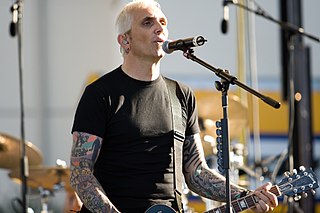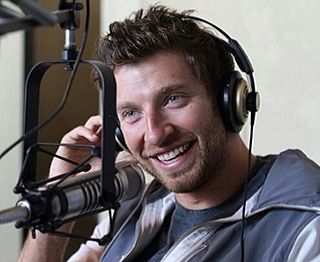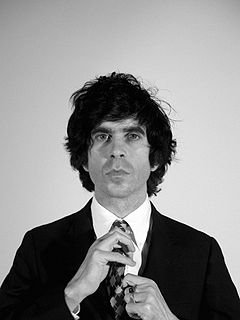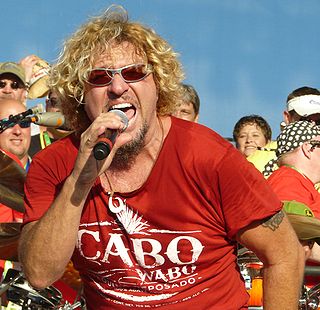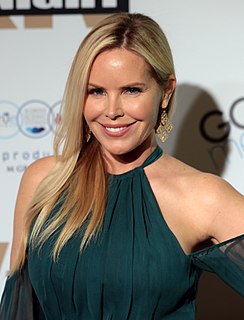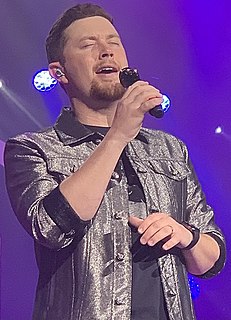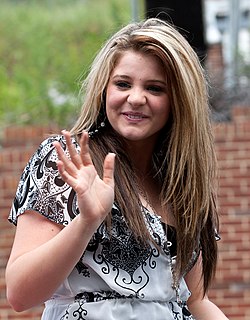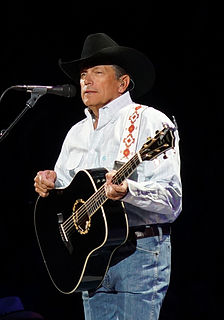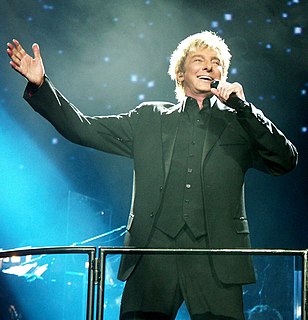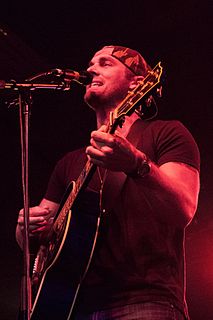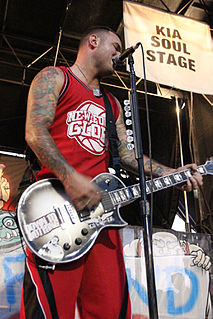A Quote by Art Alexakis
Santa Monica was a big song, and I always knew it would be radio friendly. But its not a defining song for me, though for a lot of people it is.
Related Quotes
I wrote 'Turn Your Radio On' in 1937, and it was published in 1938. At this time radio was relatively new to the rural people, especially gospel music programs. I had become alert to the necessity of creating song titles, themes, and plots, and frequently people would call me and say, 'Turn your radio on, Albert, they're singing one of your songs on such-and-such a station.' It finally dawned on me to use their quote, 'Turn your radio on,' as a theme for a religious originated song, and this was the beginning of 'Turn Your Radio On' as we know it.
I love lyrics. I've always been averse to the straight lyric idea. I guess a big part of it is, that songs that are literary always turn me off. Because they feel so abstract. Like a song. What is a song? We have to remember what the function of a concert and the function of playing a song for people are. It's all become really abstracted.
To write a love song that might be able to make it on the radio, that is something that is terrifying to me. But I can definitely write a song about that chair over there. That I can do, but to sit and write a pop song out of the clear blue sky, that is very difficult and I admire the people that can do it.
The power of a label and radio and a booking agency and all that - you never know until you experience it the first time, but being able to have a song on radio, but then go play a show for people that have heard the song on radio, and having it sung back to you, is - I don't know how to describe it.
